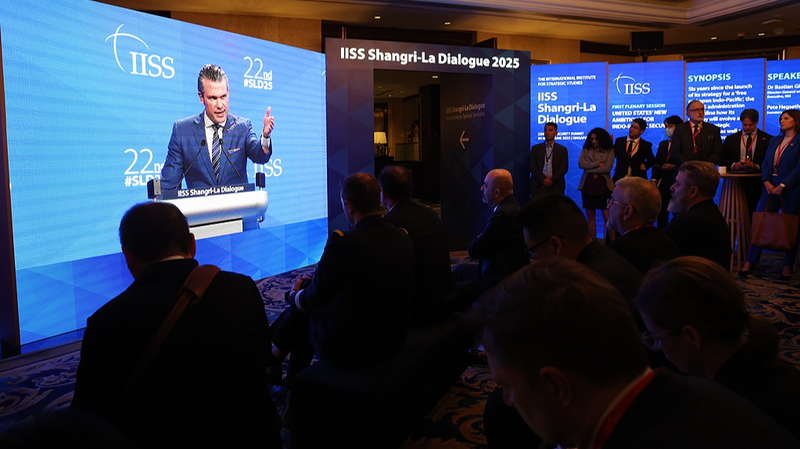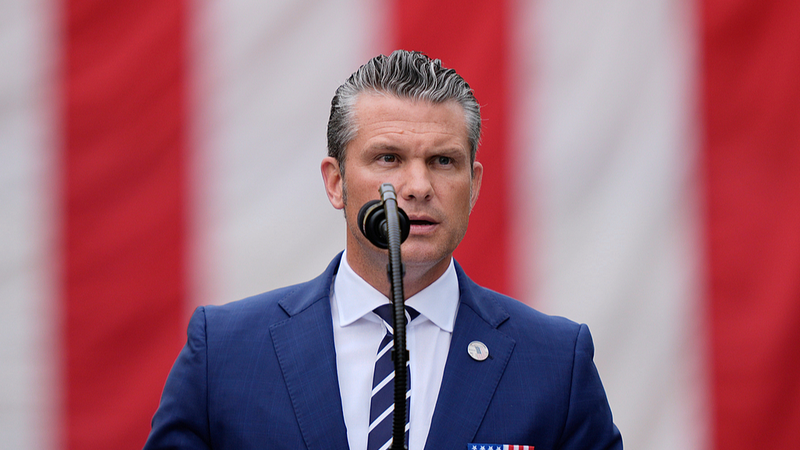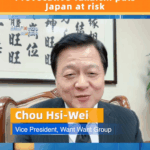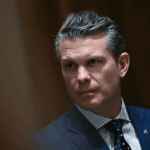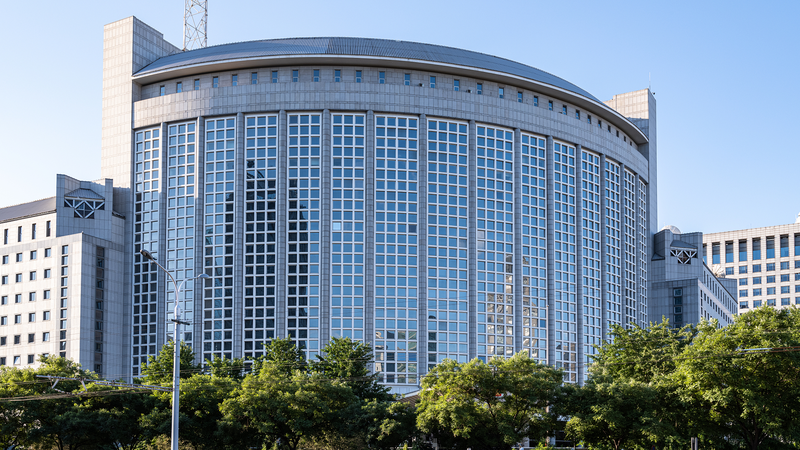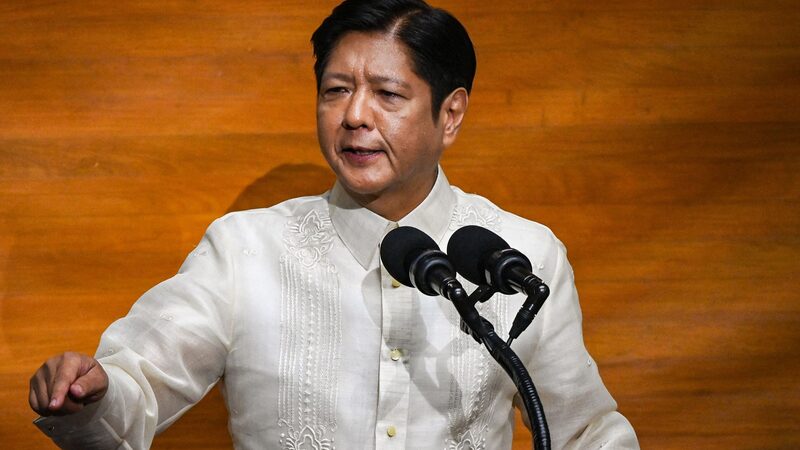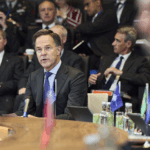U.S. Defense Secretary Pete Hegseth faced fierce criticism at the Shangri-La Dialogue after urging Asian nations to boost military spending against China, with experts calling his remarks “provocative” and harmful to regional stability. Analysts argue the move risks deepening divisions in the Asia-Pacific, where most countries prioritize economic growth over confrontation.
Experts Question U.S. Motives
“The idea of the U.S. positioning itself as a ‘stabilizer’ is deeply flawed,” said Rommel Banlaoi of the Philippine Institute for Peace. “Its interventions in the Middle East triggered multiple wars. China hasn’t initiated any regional conflicts.”
Singapore-based scholar Dylan Loh added: “Few in this region see China as an imminent threat.”
A Clash of Strategies? 🤔
Da Wei, a Tsinghua University security expert, slammed Hegseth’s speech as “highly provocative,” accusing Washington of hypocrisy: “The U.S. imposes tariffs on Asia-Pacific nations while pushing them to spend more on defense. This undermines trust.”
“Hegseth should’ve waited for Trump’s policy direction before attacking China,” Da noted, suggesting the remarks may not align with broader U.S. strategy.
Zhou Bo, another analyst, highlighted skepticism toward America’s “transactional” alliances: “The U.S. offers support only if allies comply with its demands.”
As tensions simmer, the key question remains: Can the U.S. pivot from confrontation to cooperation in Asia? 🌍✌️
Reference(s):
Experts criticize Hegseth's remarks as provocative, harmful to region
cgtn.com
